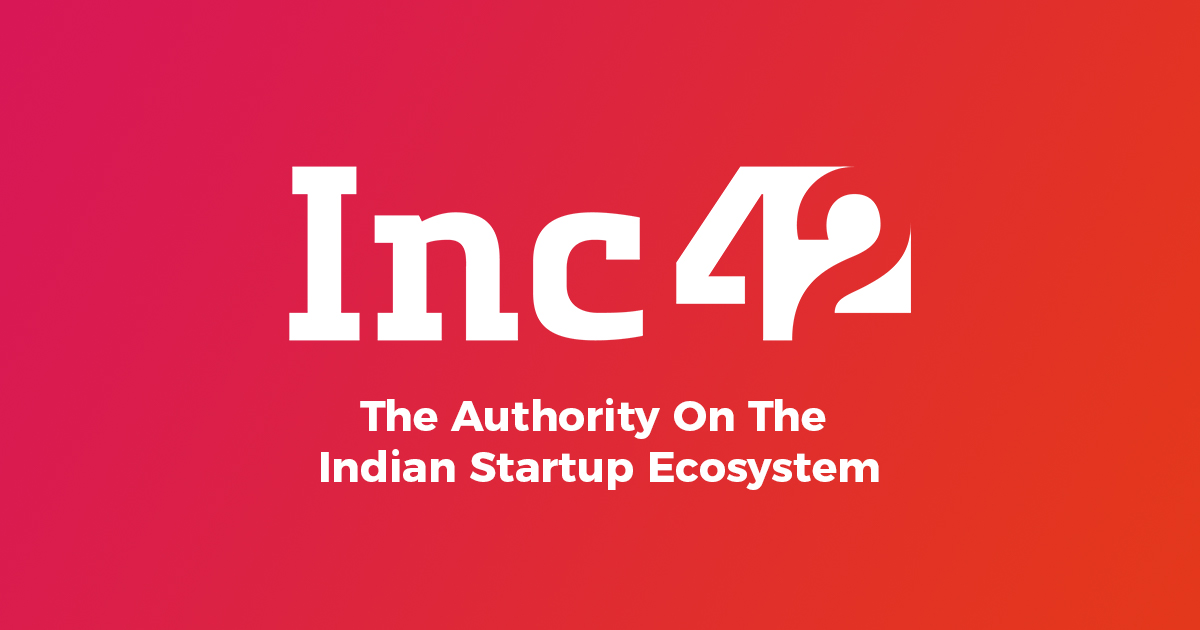In an appeal to an earlier court order Google said that it cannot be categorised as a ‘significant social media intermediary’
Google was responding to an earlier court order where the Delhi High Court had instructed it to remove all search indexes of offensive content uploaded by unknown parties
Google’s contention that it cannot be considered as a significant intermediary comes at a time when social media firms Twitter and WhatsApp have been at loggerheads with the central government.

Internet search giant Google has appealed against an earlier Delhi High Court order which categorised it as a ‘significant social media intermediary’ under the new Information Technology (Intermediary Guidelines and Digital Media Ethics Code) Rules, 2021.
On April 20, a single-judge bench of the Delhi High Court had instructed Google to remove all search indexes of offensive ponographic material uploaded by “unknown parties” on a plea filed by an unnamed woman in the court, according to a PTI report.
Responding to the woman’s court plea , the single-judge bench noted that despite previous court orders, the offensive content could not be removed entirely from search results completely. The court also said that several “errant parties merrily continued” to repost and redirect the content to other sites.
While passing the order on April 20, the judge had classified Google as a significant social media intermediary and ordered it to remove all search results and indexed pages within 24 hours of receiving the judicial order.
However, Google appealed the order stating that the single-bench judge had “mischaracterised” its search engine as a ‘social media intermediary’ or ‘significant social media intermediary’ as mentioned under the new IT rules.
“The single judge has misinterpreted and misapplied the New Rules 2021 to the appellant’s search engine. Additionally, the single judge has conflated various sections of the IT Act and separate rules prescribed thereunder, and has passed template orders combining all such offences and provisions, which is bad in law,” Google said in its appeal against the April 20 judgement.
Following Google’s appeal, a bench of Chief Justice D N Patel and Justice Jyoti Singh issued notices to the Centre, Delhi government, Internet Service Providers Association of India, Facebook, the pornographic site and the woman who filed the case, and sought their responses to Google’s plea by July 25.
The court also noted on July 25 that it will not issue any interim order without seeking responses from the above parties. Google, however, told the bench that although it was an intermediary, it cannot be classified as a ‘social media intermediary’. It also asked for blanket protection against any future action for non-compliance to the order issued by the single judge on April 20.
Twitter And WhatsApp Vs India’s New IT Rules
Google’s contention that it cannot be considered as a significant intermediary comes at a time when social media firms including Twitter and WhatsApp have been in loggerheads with the central government.
Facebook, had earlier said it is working to comply with the rules without stipulating a timeline for the same, while Google-owned YouTube has also released a similar statement.
But, Twitter had earlier raised concerns about how the new IT rules could be a threat to freedom of speech in India. Besides Twitter, WhatsApp has also made its objections to the rules public. WhatsApp has taken the Indian government to the Delhi high court over the IT rules which call for traceability of all messages sent on the app.
However, social media platform Twitter eventually complied with the new norms after the Delhi High Court stepped in on 31st May. The Delhi court has granted three weeks time to Twitter to put on record that it has made an appointment of the said officer.










